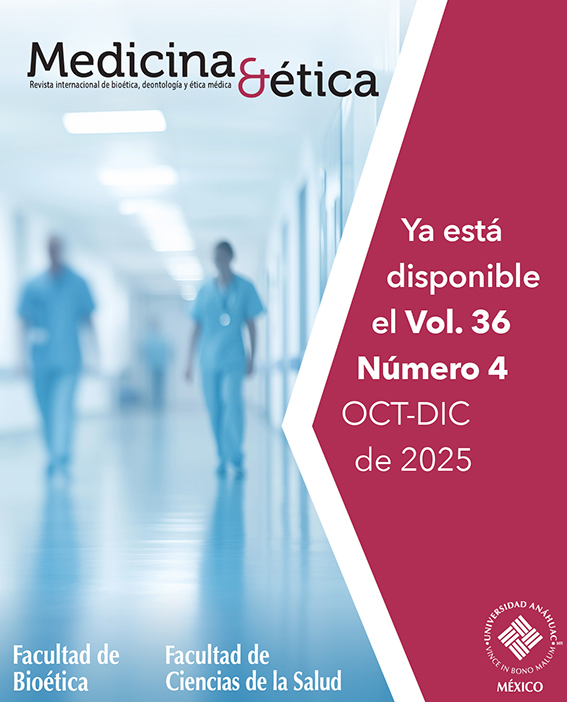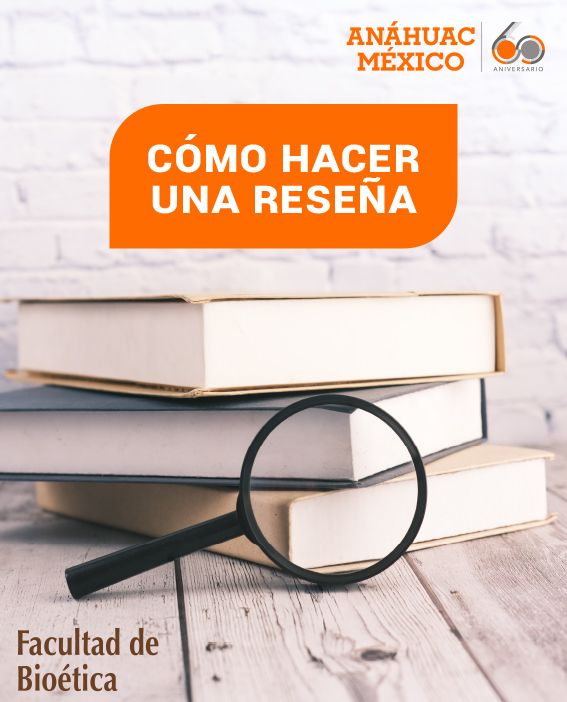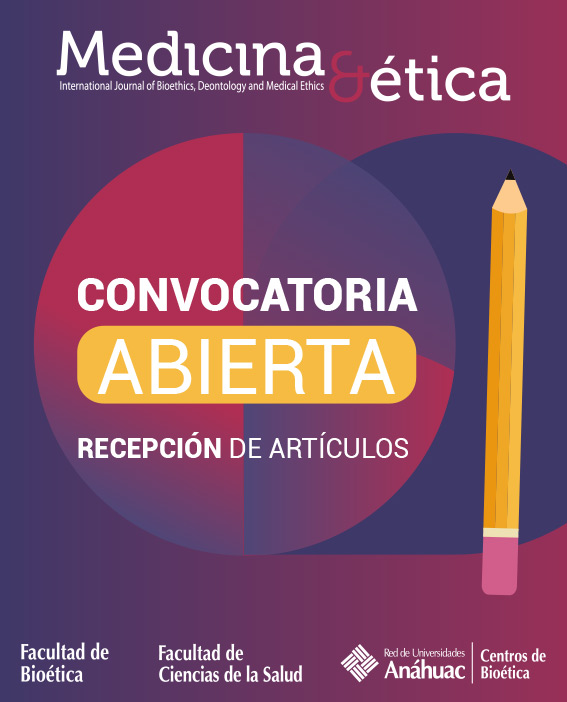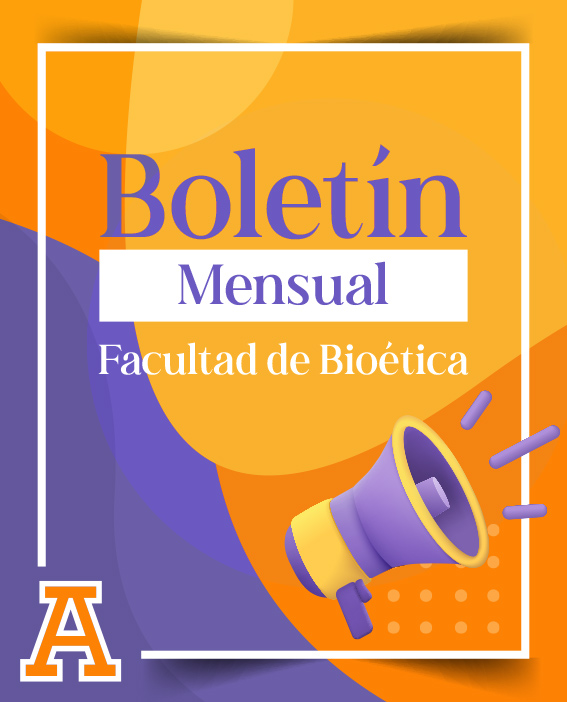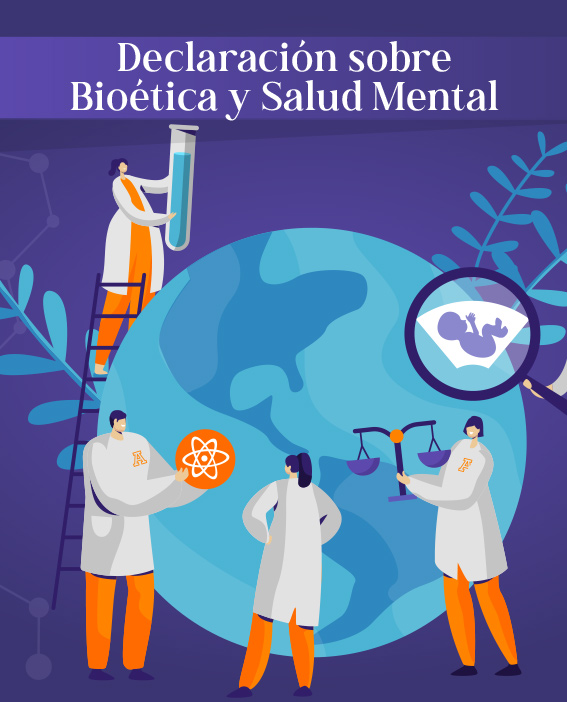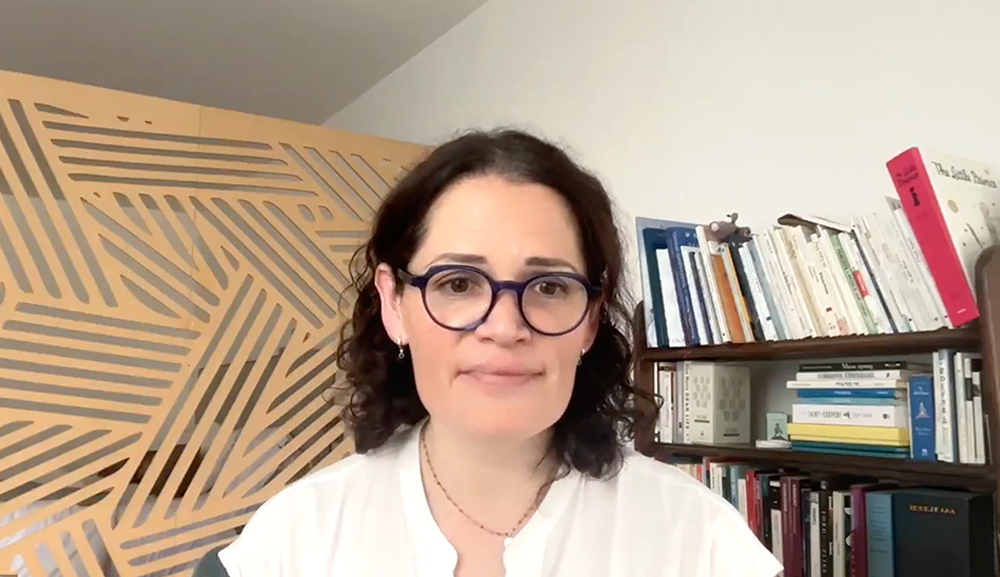
The session focused on reflection on the search and construction of peace, inviting us to actively engage in this dialogue.
On October 25, 2023, the interdisciplinary study group Querida Amazonía held its twenty-third session with the topic “National Dialogue for Peace: charting another possible path”, taught by Ana Paula Hernández Romano, coordinator of the National Dialogue for Peace, which seeks to establish in Mexico the conditions to build peace from an interdisciplinary and multisectoral approach on four main topics: social fabric, justice, security and penitentiary system.
Firstly, she shared the reason why this project was started, which has its origins in the murder of the Jesuit priests in Cerocahui, in the Sierra Tarahumara, in June 2022. She also explained that this event was a watershed, since more Beyond being a murder, it occurred inside the church which called into question what safe spaces really are.
With the support of the Conference of the Mexican Episcopate (CEM), discussions were held on the situation of violence in the country, holding a total of 1,004 “Conversations for Peace” and in each of them the reports or points to be drawn up were written. treat.
Later, state forums were proposed with a different scheme than the conversations, framed mainly in university forums to which students, companies and civil society joined. The objectives of these were to propose a state diagnosis, careful listening and compilation of good practices to address the four issues mentioned above. In total, 50 “Security and Justice Forums” were held.
In addition to this, an agenda commission was convened to compile the memories of these conversations and forums to lead the task of drafting the National Peace Agenda.
The National Dialogue for Peace was finally convened in Puebla at the Universidad Iberoamericana at the end of September 2023, with the objective of bringing together people from all states and various institutions to participate in dialogue tables addressing issues of violence, migration, missing persons, among others. During the second day, the analysis of good practices was carried out together with professionals and experts from each branch. Finally, the third day of activities was dedicated to planning the route to take.
It should be noted that around 1,400 people attended this dialogue and approximately 1,605 institutions were involved. The structure of the agenda was in three parts: diagnosis, horizon and route to follow, and it has been synthesized into 21 actions: 14 local and seven national that invite their adoption by both people, institutions and communities.
The National Peace Network website is currently under construction in which a geolocated map is designed that shows the actions carried out in different areas in each state, which allows knowledge to be built jointly.
Finally, Dr. Hernández Romano mentioned several challenges she faces, the most notable being the sustainability of the effort made. Other crucial challenges include the need to involve more key actors, including government authorities, resist the temptation to politicize the progress achieved, overcome personal interests and individual egos, go beyond the electoral context, guarantee the effective communication and dissemination of these efforts.
Finally, the group reflected on the search and construction of peace that invites us to actively get involved in this dialogue and take action on it from the individual level to reach the collective level.
Fecha de publicación: 1 de noviembre de 2023
More information:
MPSS Jimena Muñoz Merino
Facultad de Bioética
bioética@anahuac.mx

